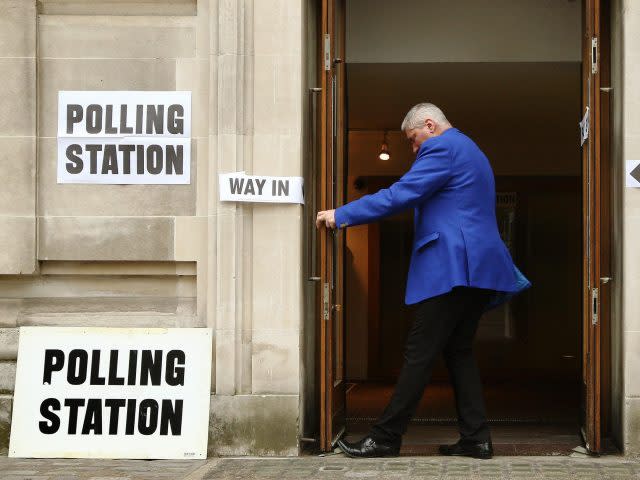Call for restrictions on election spending and social media campaigning

New restrictions on election spending and social media campaigning have been called for.
A report funded by the Joseph Rowntree Reform Trust (JRRT) says electoral law needs to be updated to keep pace with modern technology.
The study called for social media giants like Facebook to be forced to release geographical data on adverts by political parties to pinpoint election spending across constituencies.

It urged the Government to go further and ban paid-for political advertising on social media as it is on TV.
New spending rules should be brought in that would increase limits for individual candidates and lower those for national parties, the study said.
Public funding for parties, paid for by a cut in the Government advertising budget, and a switch to proportional representation to end targeting of marginal seats should be considered, according to the JRRT-backed report.
The study's author, journalist and former Liberal Democrat election candidate Chris Bowers, said: "We're at a really critical time in British politics.
"We are under pressure to adopt many American techniques yet unlike America we have the principle that elections shouldn't be fought on the basis of who has most money but who has the best arguments, programmes and people.

"Now with social media rewriting so much of the way electioneering happens, it's vital for the public's confidence in the voting system that we make sure the rules actually do the job they were drawn up for."
JRRT chief executive Fiona Weir urged the Government to speed up the pace of reform.
She said: "JRRT funded this report to put practical proposals on the table that would ensure fairer elections in future.
"We hope for a positive reaction from ministers following their indication that the Government is committed to 'incremental reform'."
The report also called for the creation of a single specialist body to investigate allegations of electoral irregularities; lowering the bar for reruns of constituency elections where rules have been breached; a review of the purchase and use of personal data in a political context; and annual spending limits for parties throughout each Parliament.


